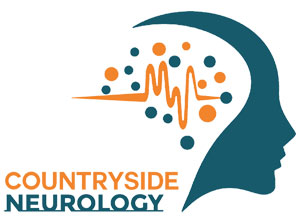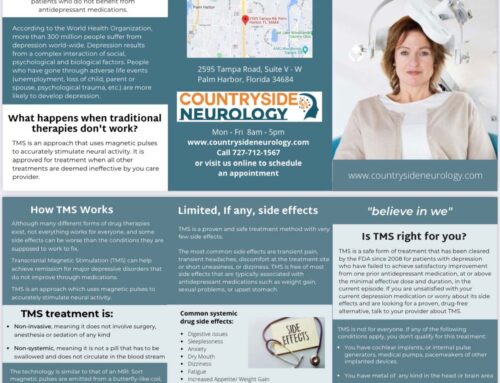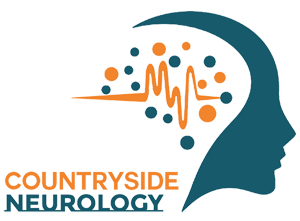What conditions cause vocal cord paralysis and half tongue weakness?
Vocal Cord Paralysis:
- Injury or trauma: Trauma to the neck or chest, such as during a car accident or surgery, can damage the nerves that control the vocal cords.
- Surgical complications: Surgeries involving the neck or chest area, particularly those involving the thyroid gland, can sometimes lead to vocal cord paralysis.
- Neurological disorders: Certain neurological conditions like stroke, multiple sclerosis, Parkinson’s disease, or brain tumors can affect the nerves responsible for controlling the vocal cords.
- Infections: Viral or bacterial infections, such as Lyme disease or certain respiratory tract infections, can cause inflammation or damage to the nerves controlling the vocal cords.
- Autoimmune disorders: Conditions like Guillain-Barré syndrome or myasthenia gravis can affect nerve signaling to the vocal cords.
Half Tongue Weakness:
- Stroke: A stroke can result in weakness or paralysis on one side of the body, including the tongue.
- Bell’s palsy: This condition causes sudden weakness or paralysis of facial muscles, including the muscles that control the tongue. It typically affects one side of the face.
- Nerve damage: Trauma, infection, or compression of the nerves supplying the tongue can lead to weakness or paralysis on one side.
- Neurological disorders: Conditions like multiple sclerosis or amyotrophic lateral sclerosis (ALS) can cause weakness or dysfunction of the tongue muscles.
- Localized muscle damage or inflammation: Injuries or inflammatory conditions affecting the tongue muscles on one side can result in weakness or reduced function.
If you or someone you know is experiencing these symptoms, it’s best to consult a neurologist. Contact Countryside Neurology at 727-712-1567 to schedule an appointment.
Sources:
ChatGPT




